From next April, Arup said all future energy commissions will focus entirely on low-carbon solutions, including wind, solar, hydroelectric, and hydrogen projects that it assesses as advancing progress toward a fully decarbonised future.
Last year, Arup announced a commitment to achieve net zero across its global operations by 2030.
The latest announcement specifically addresses for the first time the emissions from Arup’s client work across thousands of projects in 140 countries around the world.
Arup also committed to carry out whole lifecycle carbon assessments for all its buildings projects – new and retrofit – from next year.
The consultant believes this will generate fresh quantitive data on the scale and source of carbon emissions generated during their lifespans – a step that is essential if the most effective decarbonisation actions are to be identified.
Presently it is estimated that the global built environment sector is the source of almost 40% of global carbon emissions. Yet less than 1% of buildings projects are currently evaluated for carbon emissions generated during their operation.
Engineers hope the insights they will gain from conducting thousands of whole lifecycle carbon assessments each year, from April 2022, will help the built environment sector advance toward net zero.
Alan Belfield, Arup Group Chair, said: “Whole lifecycle carbon assessment is the next step that must be taken to unlock decarbonisation of the built environment at scale.
“Our commitment to undertaking whole lifecycle carbon assessment for all of our buildings work means that for the first time we will have the data to share with our clients and with industry partners about the precise actions to be taken to decarbonise buildings – new or existing – most effectively.”





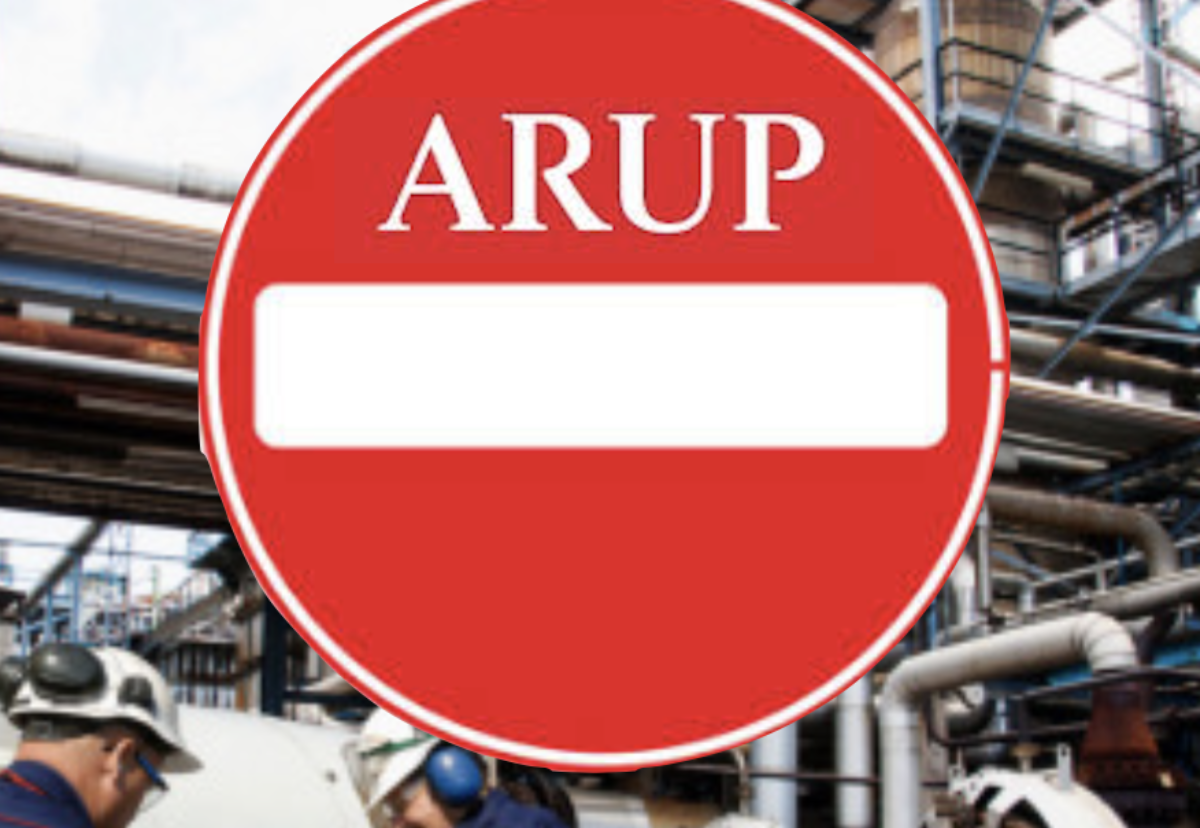










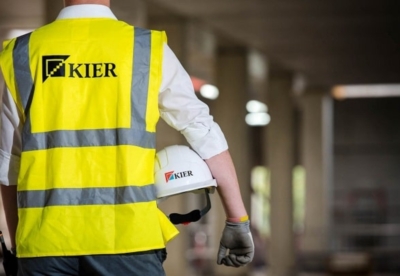




















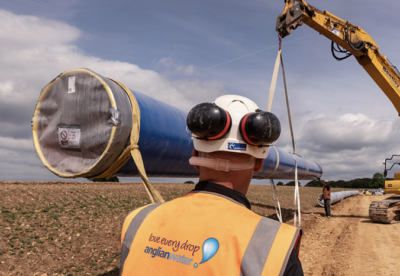



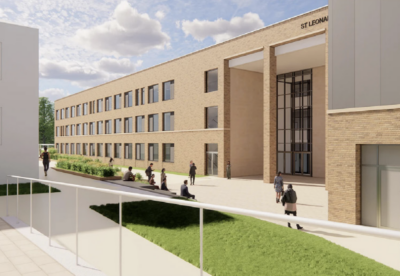





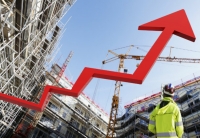







.gif)
